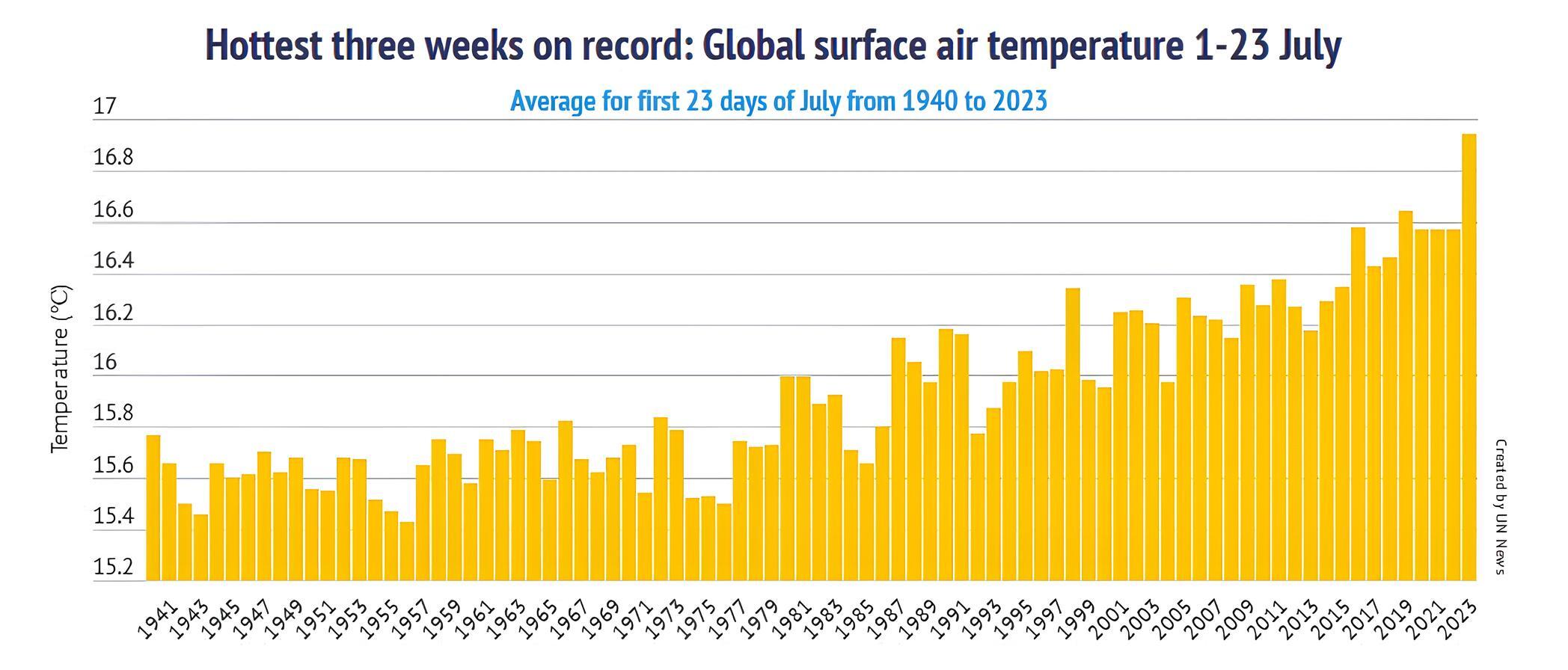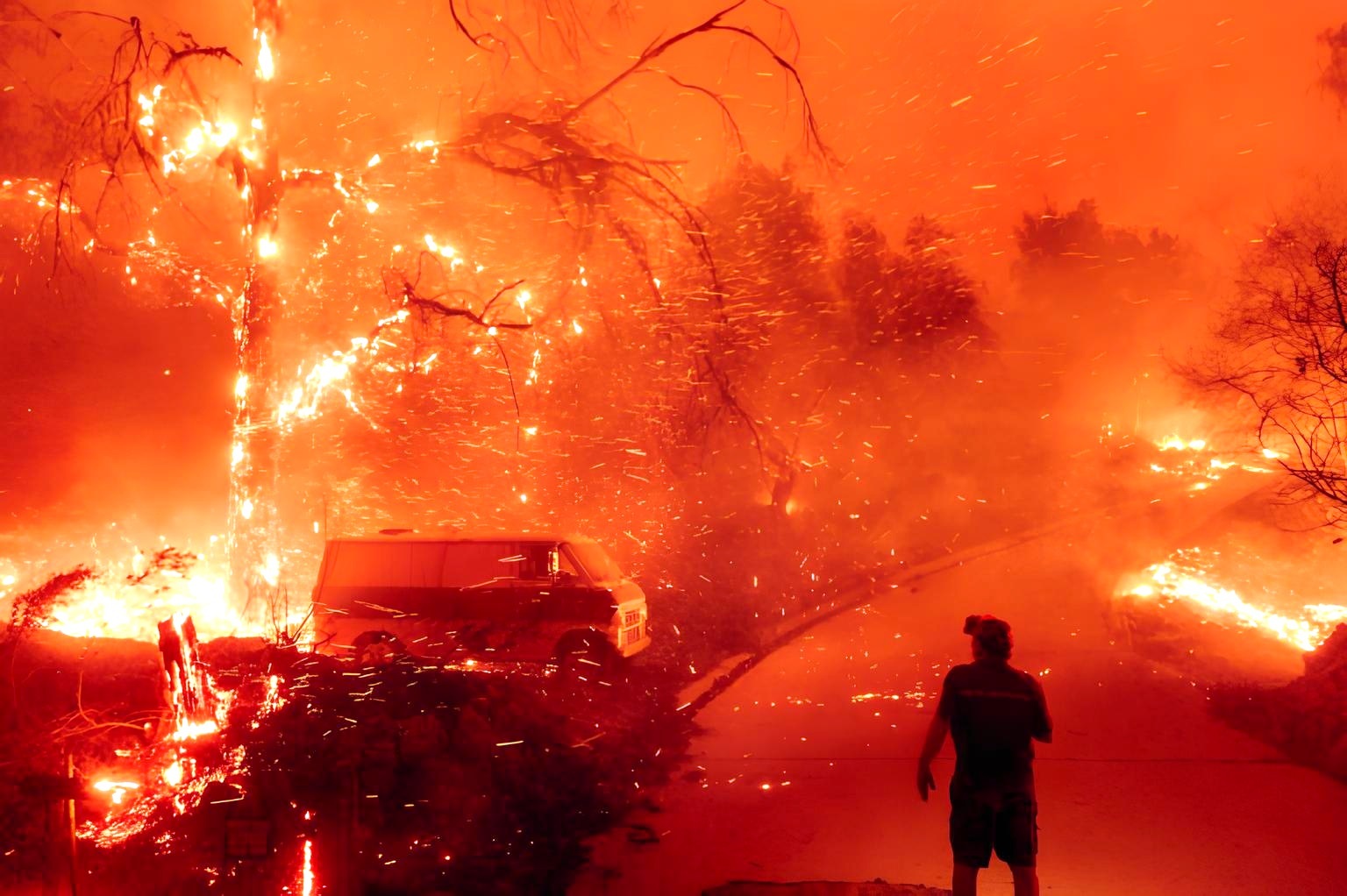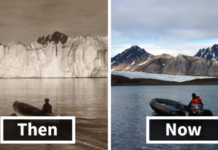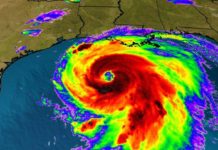The age of global warming has gone, and “the era of global boiling has arrived,” according to UN Secretary General António Guterres, after experts verified July will be the hottest month on record.
“Climate change has arrived. It’s frightening, and this is only the beginning,” Guterres added. “It is still possible to keep global temperature rise to 1.5 degrees Celsius [above pre-industrial levels] and avoid the worst effects of climate change.” But only if drastic, rapid climate action is taken.”
Guterres’ remarks come as scientists verified on Thursday that the last three weeks had been the warmest on record, with July on course to be the hottest month ever recorded.
According to the World Meteorological Organization (WMO) and the European Union’s Copernicus Earth monitoring program, global temperatures have smashed records this month, fueled by the use of fossil fuels and causing catastrophic weather.

Weather extremes have gotten harsher as global average temperatures have steadily risen, owing to pollution that traps sunlight and serves as a greenhouse surrounding the Earth.
“Humanity is on the hot seat,” Guterres said during a press conference on Thursday. “It’s a cruel summer for much of North America, Asia, Africa, and Europe.” It is a tragedy for the entire globe. For scientists, the answer is unequivocal: people are to blame.
“All of this is completely consistent with forecasts and repeated warnings.” The only surprise is the rate at which the transformation is occurring. Climate change is here, it is frightening, and it is only the beginning. The period of global warming is over, and the era of global boiling has begun.”
Guterres encouraged legislators to act quickly. “The air is unbreathable, the heat is unbearable, and the level of fossil fuel profits and inaction on climate change is unacceptable.” Leaders must take the initiative. No more hesitating, making excuses, or waiting for others to go first. There just isn’t time for it anymore.

“It is still possible to limit global temperature rise to 1.5 degrees Celsius and avoid the worst effects of climate change, but only through dramatic and immediate climate action.” We have seen some improvements, including a vigorous deployment of renewables and some encouraging initiatives from industries like as shipping, but none of this is moving far enough or quickly enough. Rapidly rising temperatures necessitate rapid response.”
“The need to reduce greenhouse gas emissions is more urgent than ever before,” stated WMO Secretary General Petteri Taalas. Climate action is not a luxury; it is a need.”
Other climate experts agreed with the findings. Karsten Haustein of Leipzig University discovered that the earth was 1.5 degrees Celsius (2.7 degrees Fahrenheit) hotter in July 2023 than it was in July before industrialization.
Temperatures last month were “so outrageous” that experts predicted it would be the highest on record even before it ended, he added.

Haustein used worldwide temperature forecasts from the National Oceanic and Atmospheric Administration in the United States to determine that July 2023 is likely to break the previous high of 2019.
Zeke Hausfather, a climate scientist at the non-profit Berkeley Earth in the United States, utilized algorithms developed by Japanese and European meteorologists to forecast that the record will be broken by less than 0.3 degree Celsius.
“Without a major asteroid impact today, it is virtually certain that July 2023 will be the warmest month on record by a wide margin,” he added. Personally, I find the enormity of this record to be very astounding. There is nothing comparable in the historical record for the month of July.”
According to a fast study published on Tuesday by the World Weather Attribution network, greenhouse gas pollution has increased the temperatures of lethal heatwaves on three continents this month.
The study, which employed recognized methodologies but had not yet been peer-reviewed, discovered that humans caused heatwaves in southern Europe, North America, and China to be 2.5 degrees Celsius, 2 degrees Celsius, and 1 degree Celsius hotter, respectively.
The first two would have been “virtually impossible” if humans had not created climate change, according to the experts.
“We have to live with these – and make it possible for people to live with these – extreme conditions in summers,” said Friederike Otto, a climate scientist at Imperial College London and main author of the study. They are not uncommon. And the longer we wait to cease using fossil fuels, the more common they will become.”
Scientists predict that this year will be hotter than usual due to the return of El Nio, a natural pattern of wind and water that heats the earth, following three years of its cooler counterpart, La Nia.
This impact, along with greenhouse gas emissions, has prompted the World Meteorological Organization to estimate that one of the next five years will be 1.5 degrees Celsius hotter than before the Industrial Revolution – the amount to which world leaders have vowed to attempt to limit global warming by the end of the century. The WMO cautioned that this did not imply that the objective will be missed because it refers to a 20-year average rather than particular months or years.
According to Joyce Kimutai, a Grantham Institute climate scientist, larger and stronger extreme weather events are wreaking devastation throughout the world, particularly in poorer nations that are least responsible for emissions.

“This should serve as a compelling wake-up call for all of us,” she continued. We need to change the subject to what needs to happen immediately this year.”
In November, world leaders will gather in the United Arab Emirates to discuss strategies to slow global warming, adapt to more extreme weather, and pay for the damage.
Sultan Al Jaber, the president of the Cop28 meeting and the chairman of the country’s national oil business, stated earlier this month that phasing out fossil fuels was “inevitable and essential.”
According to Catherine Abreu, creator of the Canadian campaign organization Destination Zero, governments must recognize that “this transition away from fossil fuels is not only inevitable, but urgent.” It must be planned, it must be collaborative, and it must be funded at a scale that is now unavailable.”
According to the International Energy Agency’s plan to net zero emissions, no new oil and gasfields should have been allowed for development beginning in 2021. Instead, countries including as the United States, the United Kingdom, and Australia have issued permits to drill for more.
“We have data showing how the very foundations of health are being undermined by climate change,” said Marina Romanello, a climate and health researcher at University College London and the head of the Lancet Countdown, “and, despite that knowledge, we’re seeing governments and companies still prioritising fossil fuels.”
“However, there is still time to turn the tide and ensure a viable future for ourselves and our children.”






